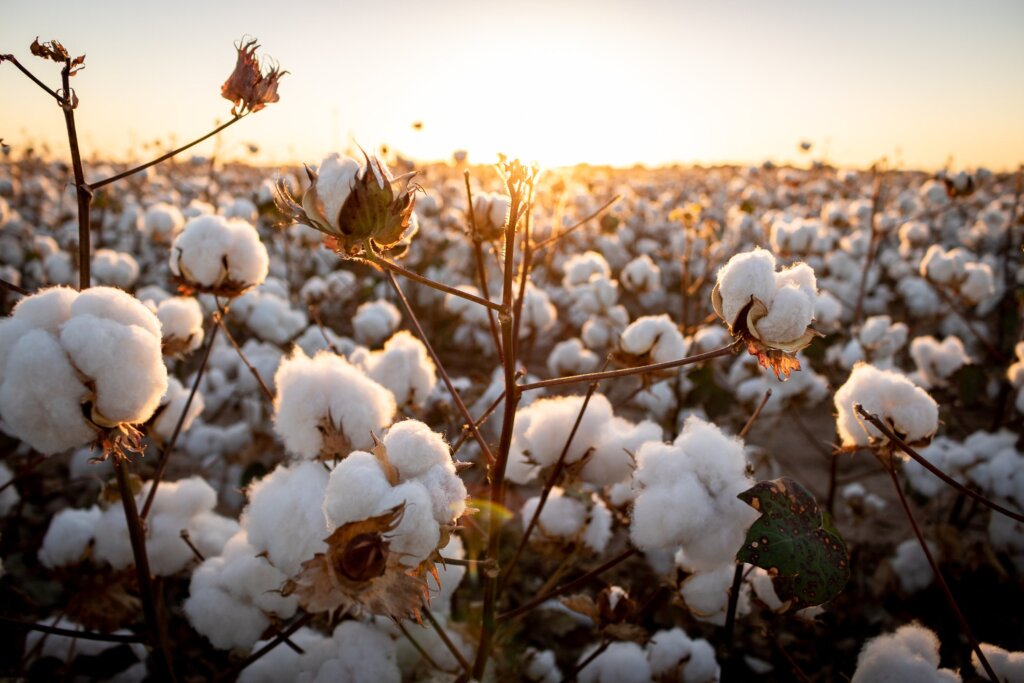
Cotton is one of the most widely used fibers in the world. It is used in the production of garments, textiles, cotton bags, and several other home goods. Understanding the growth and production of this crop requires an understanding of the biological origin of cotton.
History of Cotton
History of Cotton Later, traders, and travelers brought it to other regions of the world. The 18th and 19th centuries saw tremendous cotton growth at a time when industrialization was driving up demand for cotton textiles.
Botanical Description
The Malvaceae plant family includes cotton as a member. In tropical and subtropical areas, it is a perennial crop. The plant has broad, green leaves and can grow up to 6 feet tall. The cotton plant’s blossoms are a soft yellow color and have a distinct scent.
Cotton Fiber
The fiber that the plant produces is where cotton gets its biological origins. Around the cotton plant’s seeds, a soft, fluffy substance called cotton fiber develops. Approximately 90% of the fiber is pure cellulose. The cotton’s quality is determined by the fiber’s length and fineness.
Cotton Cultivation
Cotton cultivation requires specific growing conditions. The plant requires a warm climate and well-drained soil. The cultivation of cotton involves several stages, including planting, growth, flowering, and harvesting. The use of pesticides and fertilizers is common in cotton cultivation to maintain crop health and yield.
Genetic Modification
Genetic modification of cotton is an essential aspect of modern cotton cultivation. Genetic modification of cotton involves the insertion of a gene that produces a protein toxic to certain insects. The use of genetically modified cotton has led to a significant reduction in the use of pesticides and increased crop yield.
Conclusion
An important crop with a long history and a big influence on the global economy is cotton. To successfully grow and produce cotton, it is essential to comprehend its biological origin. The sustainability and production of this crop will be ensured for many years to come by ongoing research and development into cotton cultivation and genetic modification.









